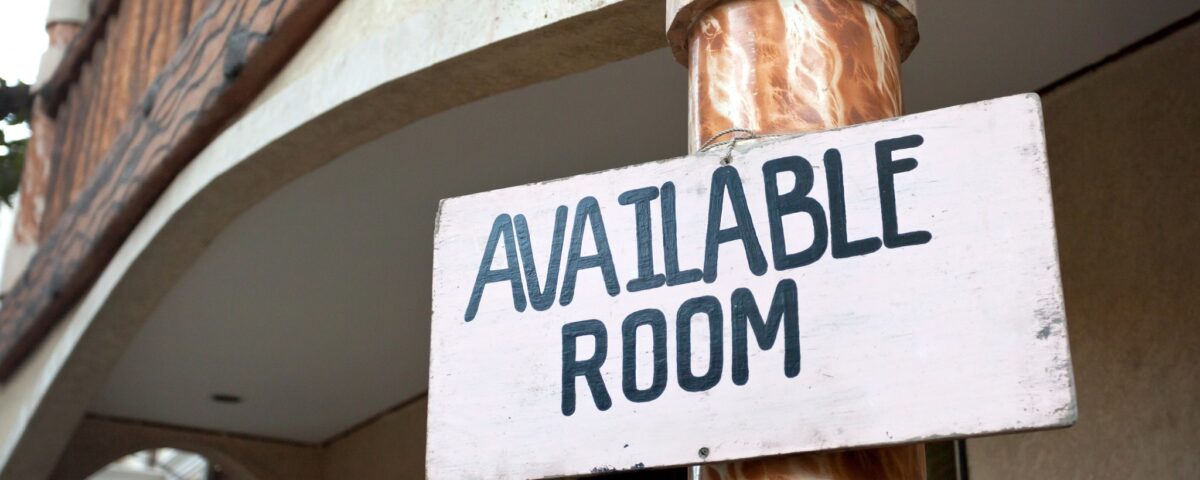
Why Do We Need More King Peggys?
April 28, 2014
A Reason for Less “Endless Shrimp”
April 30, 2014Today’s story is specifically about Airbnb. More generally though, it involves whether government or the market system should regulate the “sharing economy.”
But first–Craigslist and the Sharing Economy from xkcd:

An apartment owner in Astoria, Queens (a subway ride from Manhattan) has been able to generate close to $18,000 in extra revenue during the past 10 months by renting a guest room and bath through Airbnb. Meanwhile, his visitors are paying $85 a night rather than the $300 a hotel might charge them.
By handling the initial communication, helping to assess the trustworthiness of the parties, facilitating the reservations, and collecting the payments that include 3% from the seller and somewhere between 6% to 12% from the guest, Airbnb makes the transaction almost frictionless. They even sent a 1099 tax form to this gentleman in Queens.
Now however, a slew of municipalities is trying to say “no” to Airbnb. New York has cited its transient hotel law that prohibits “rentals” for less than 30 days unless the tenant remains. Michigan, Ontario and New Zealand have standard lease agreements that indirectly preclude Airbnb transactions. Others refer to how Airbnb can sidestep the hotel occupancy taxes (18% in NYC) or the fire and hygiene licensing laws that do not apply to them.
One sociologist compares the onset of the sharing economy to economic changes at the beginning of the 20th century. Transitioning from small town businesses where transactions were guided by trust among people who knew one another to the growth of big corporations, our society needed new laws. Responding, we got more regulatory, licensing and tax legislation. Now again perhaps again we need to adjust to a reconfigured business model.
But how?
Some say the market system has the answers. When a host had her apartment trashed and valuables stolen in 2011, Airbnb had the incentive to respond. They created a host guarantee, now $1 million, and an 80 person safety division based in San Francisco, Dublin and Singapore.
Whether looking at Airbnb, Lyft and HomeAway or Parking Panda and Rover, should government or the market take care of regulation and revenue for the sharing economy?
Sources and Resources: The reading on the sharing economy, including articles in the NY Times, Wired, Quartz and a bit more of an academic perspective from a Harvard Business Review blog and this publicsectorinc blog, increasingly validated the déjà vu perspective. Wonderfully, in a market system, as entrepreneurs establish new industries, we have always had to figure out how to respond.
![econlifelogotrademarkedwebsitelogo[1]](/wp-content/uploads/2024/05/econlifelogotrademarkedwebsitelogo1.png#100878)



